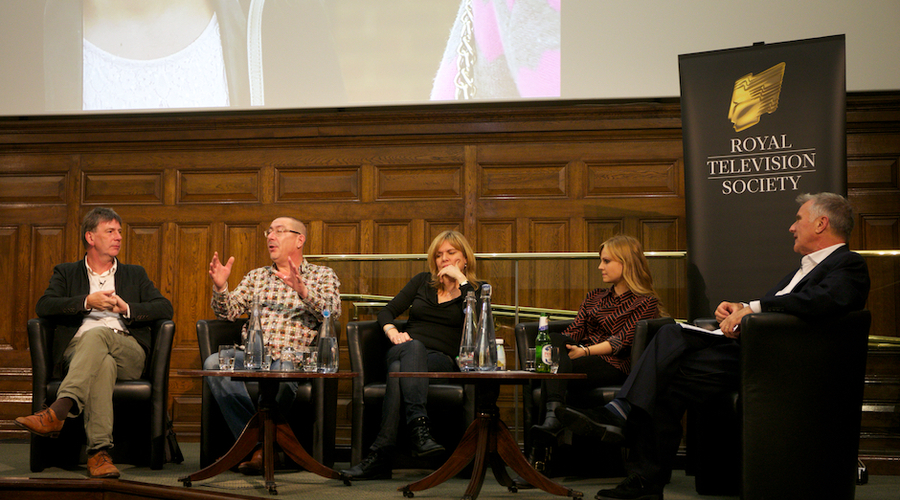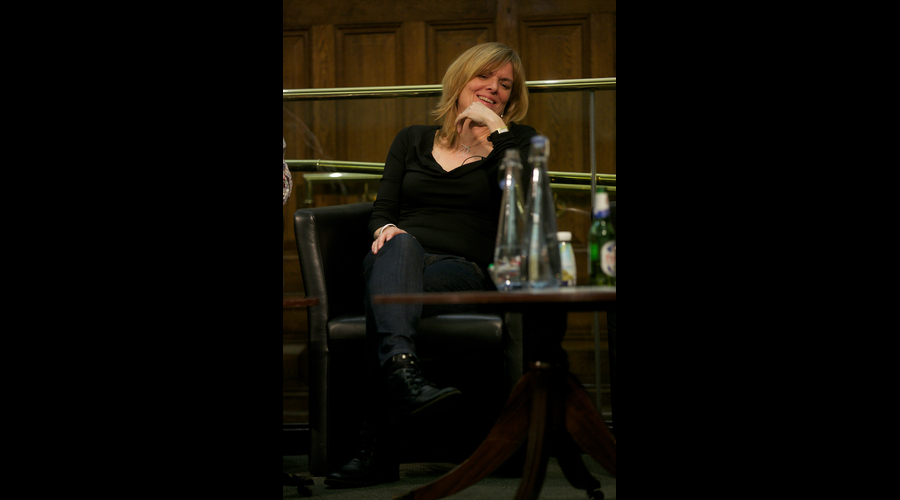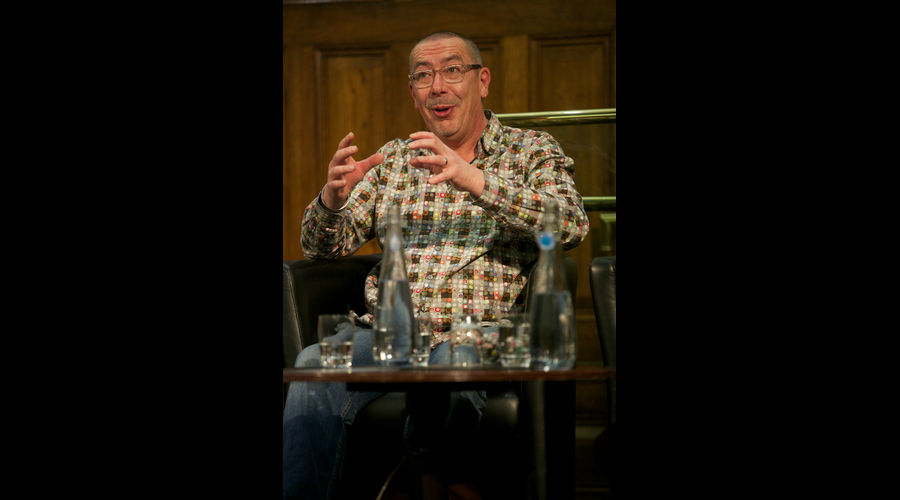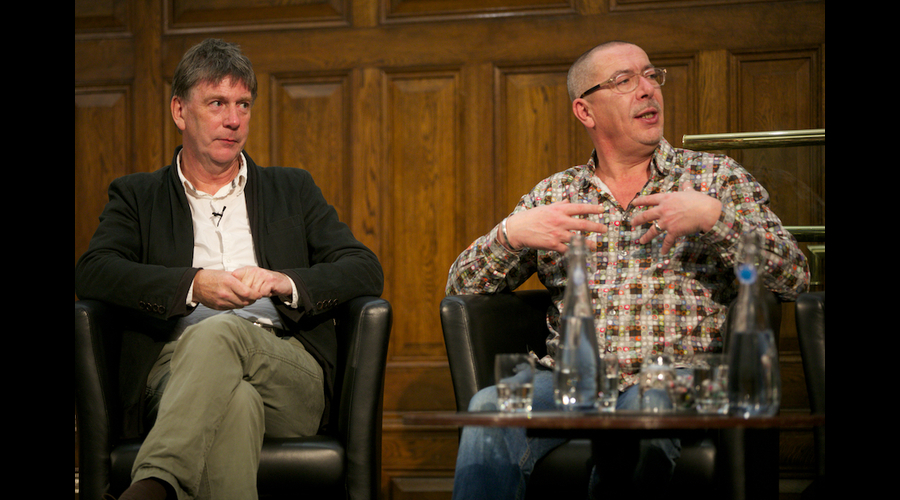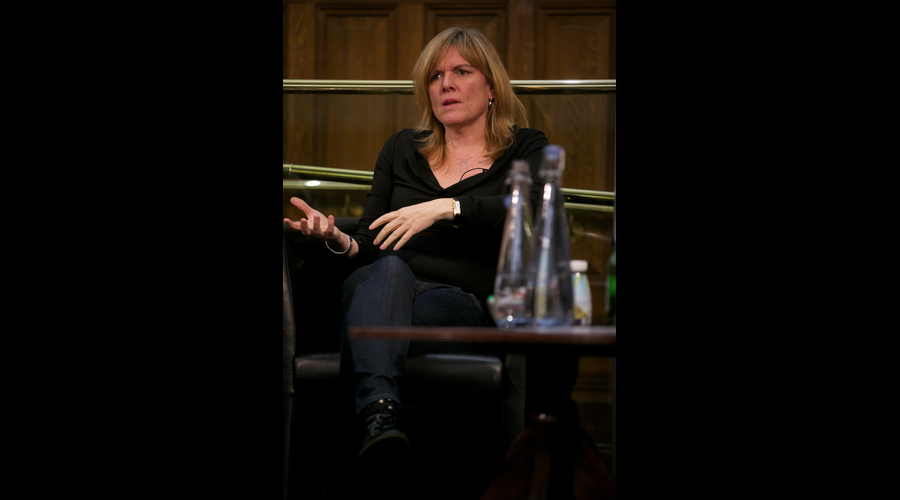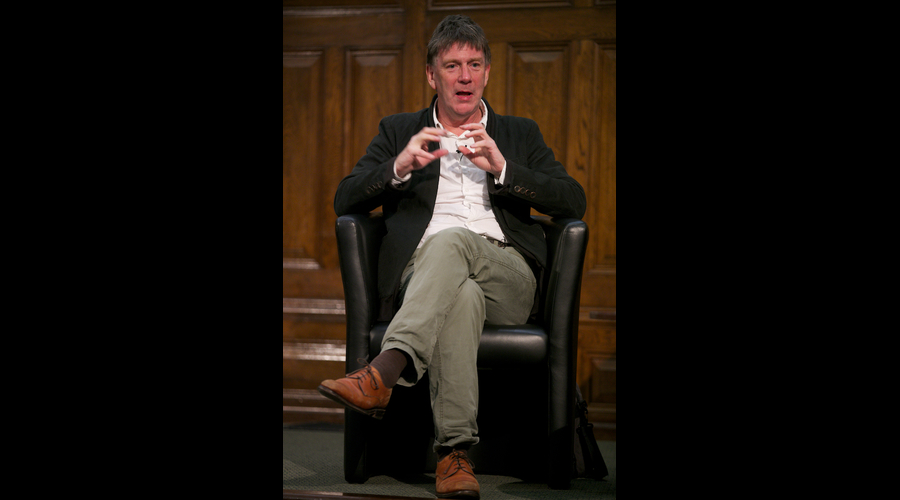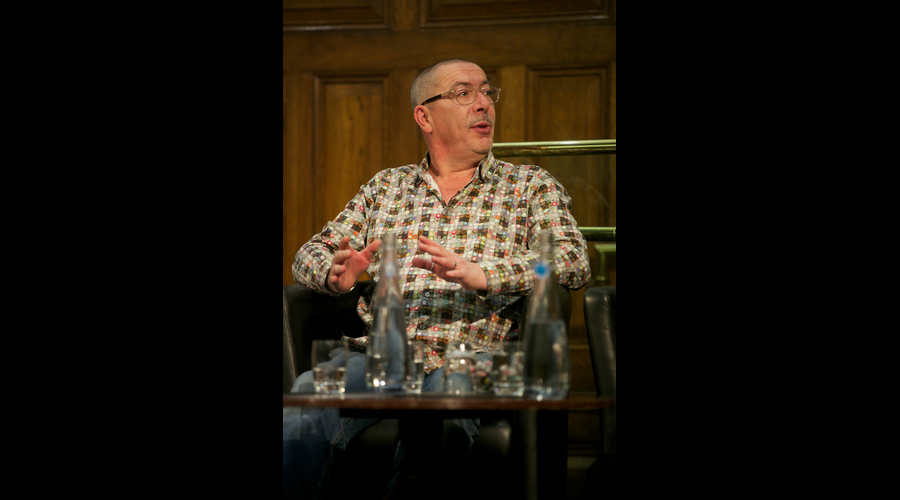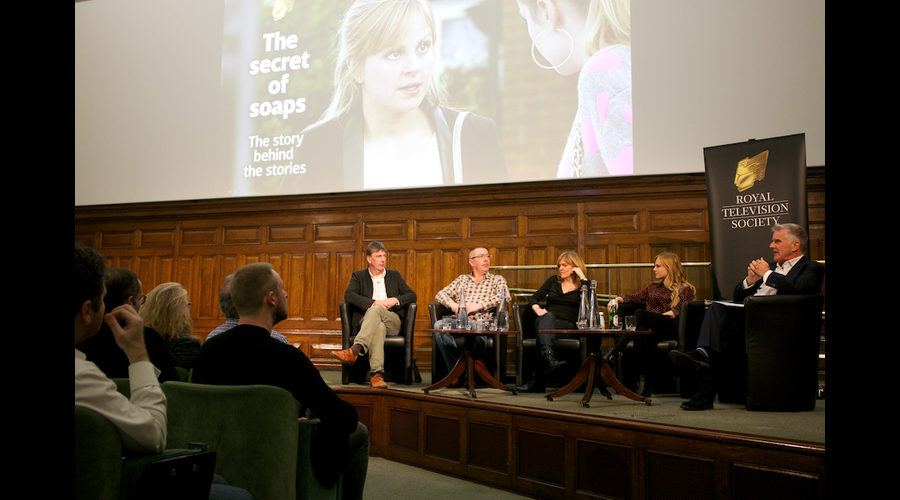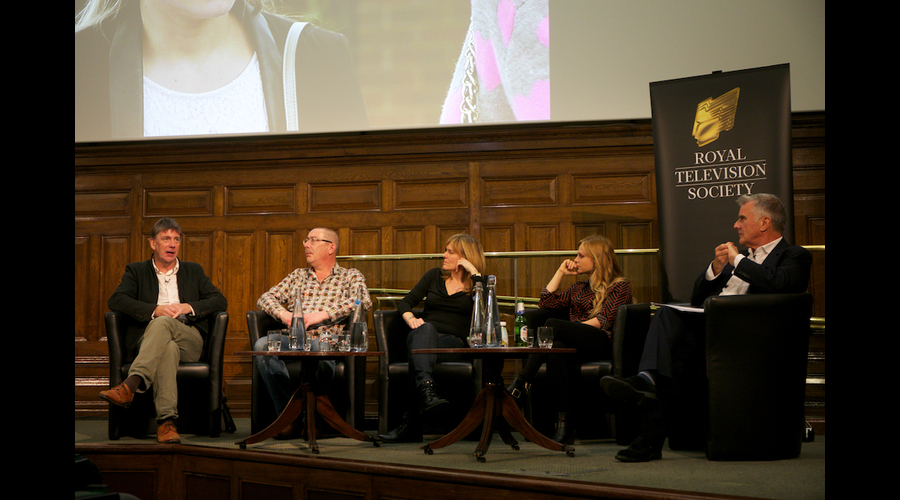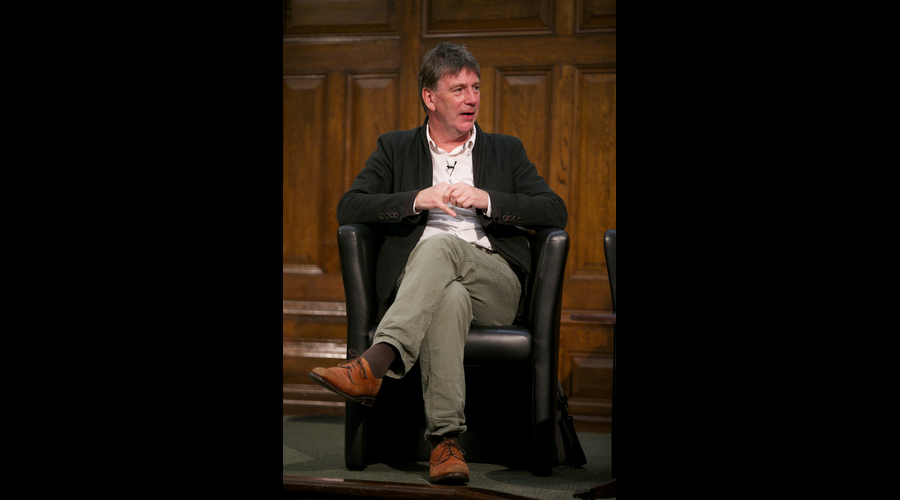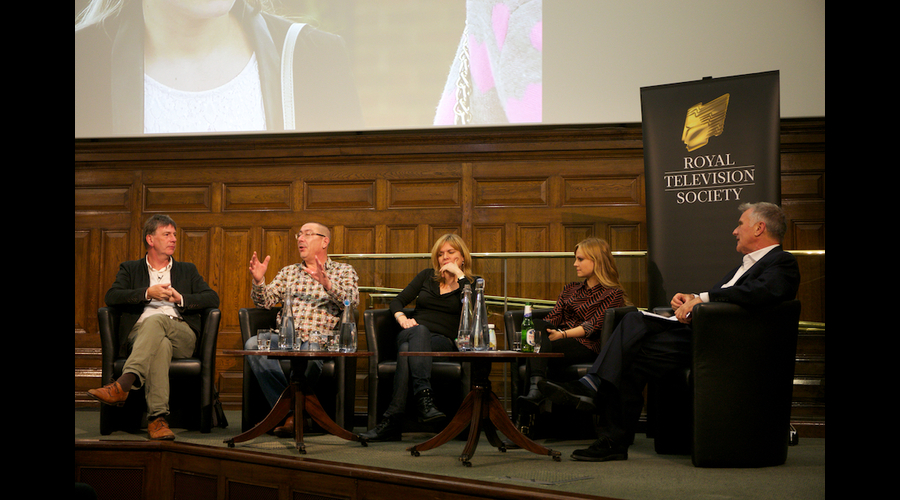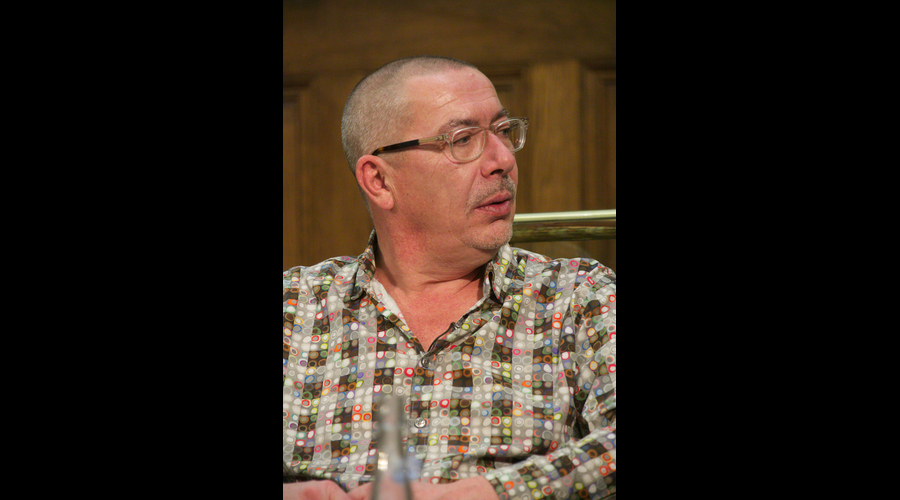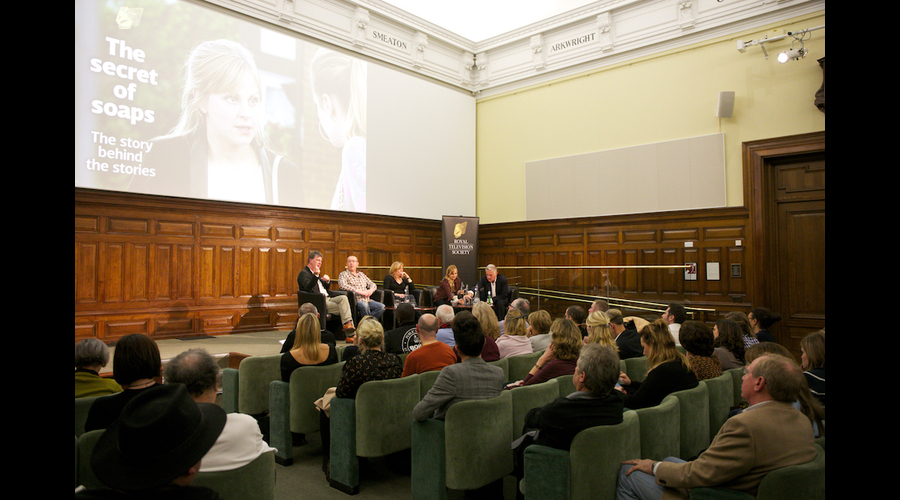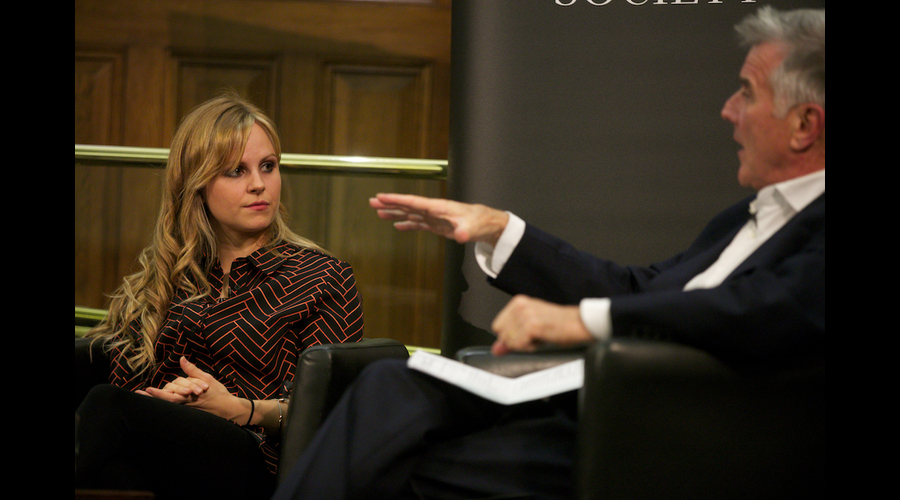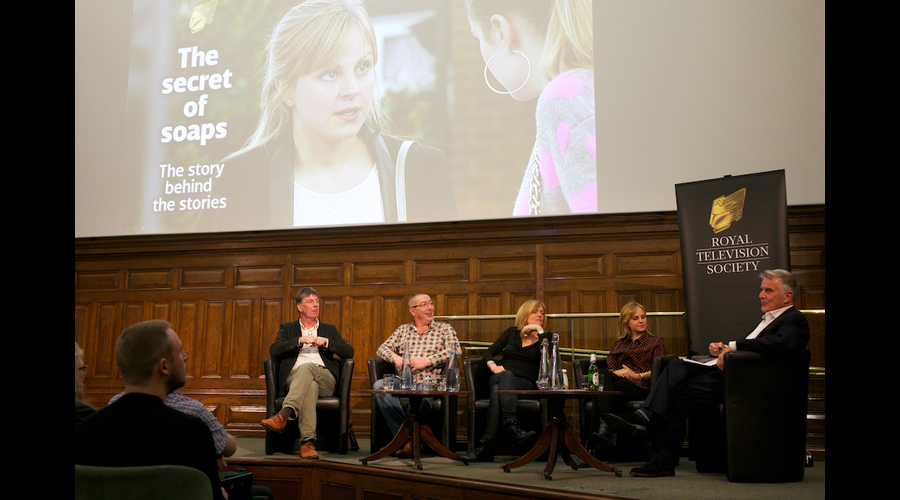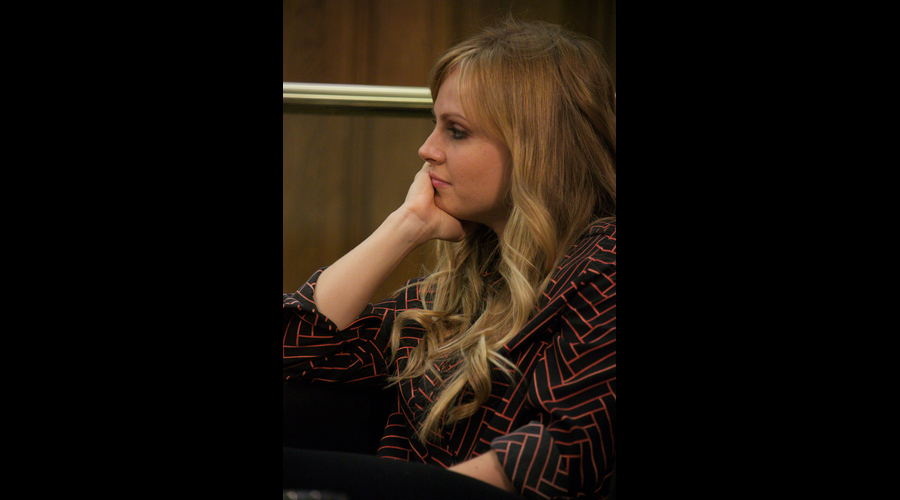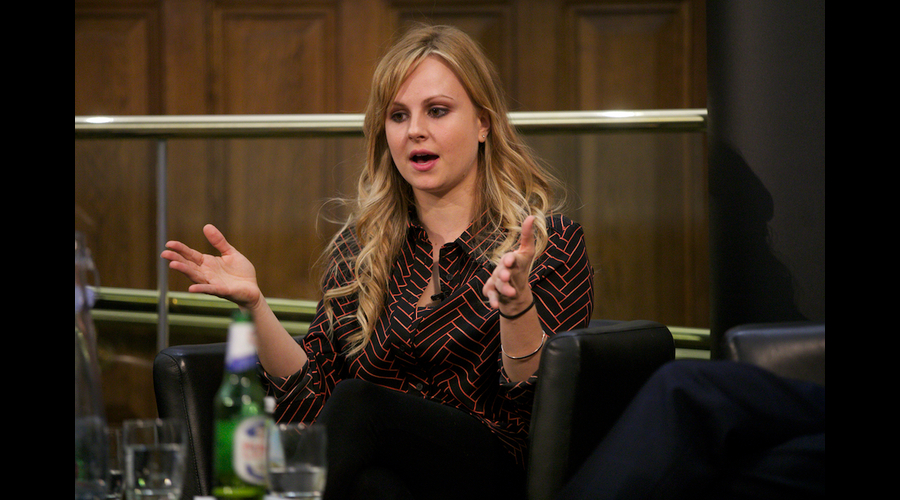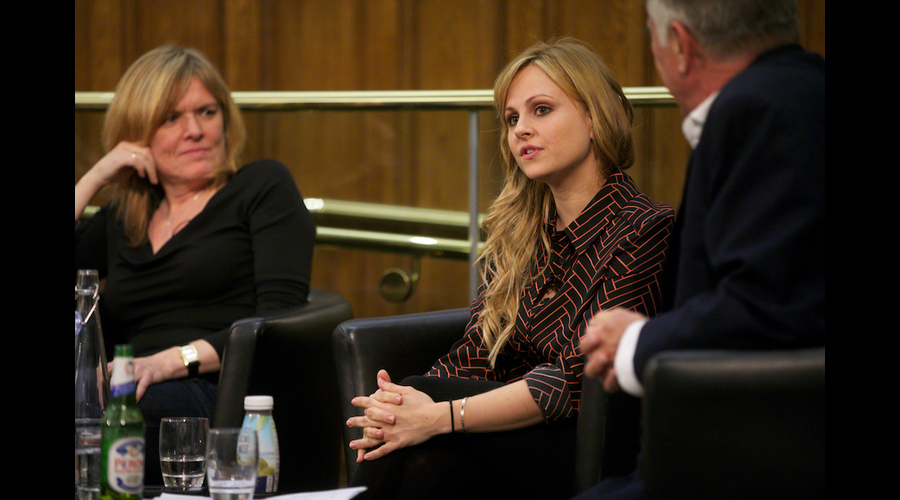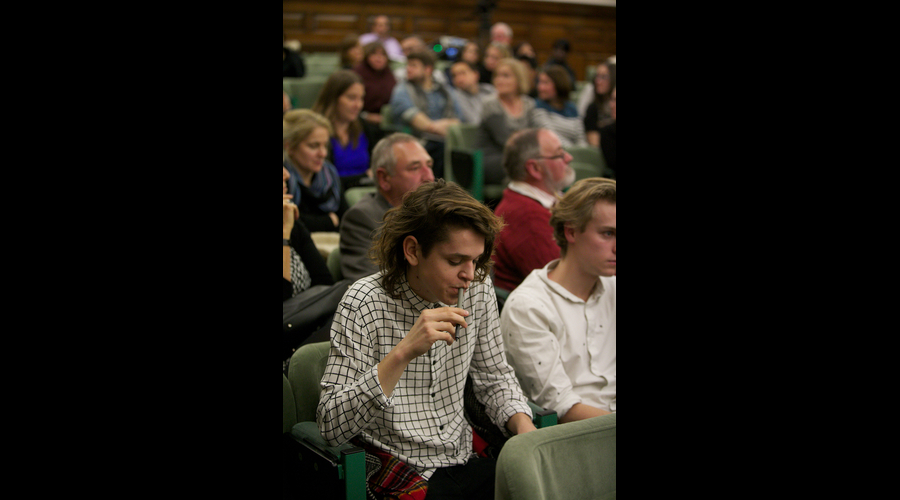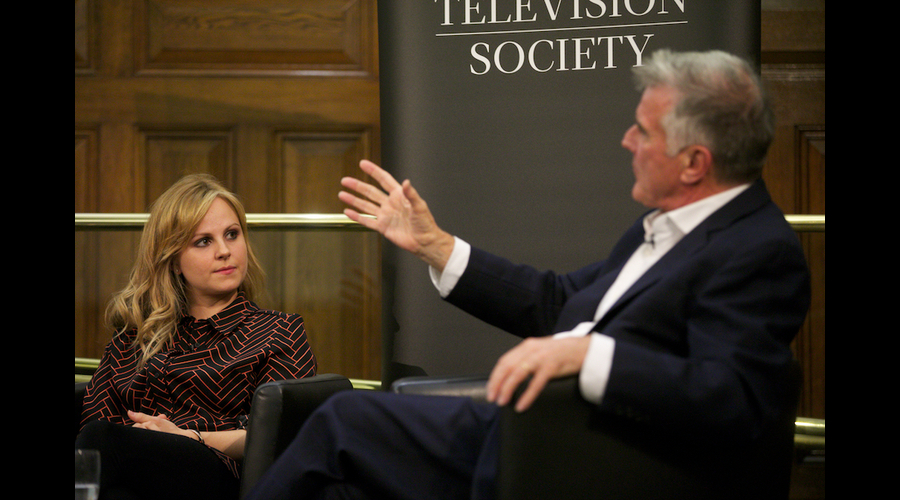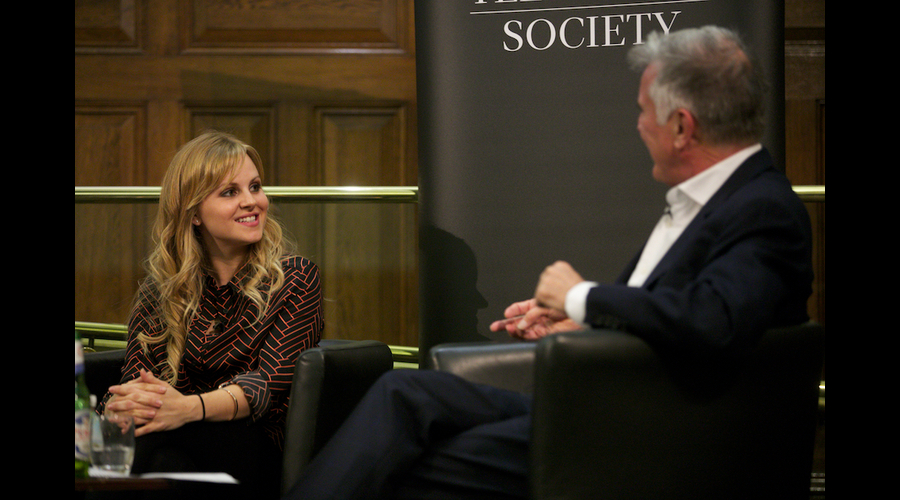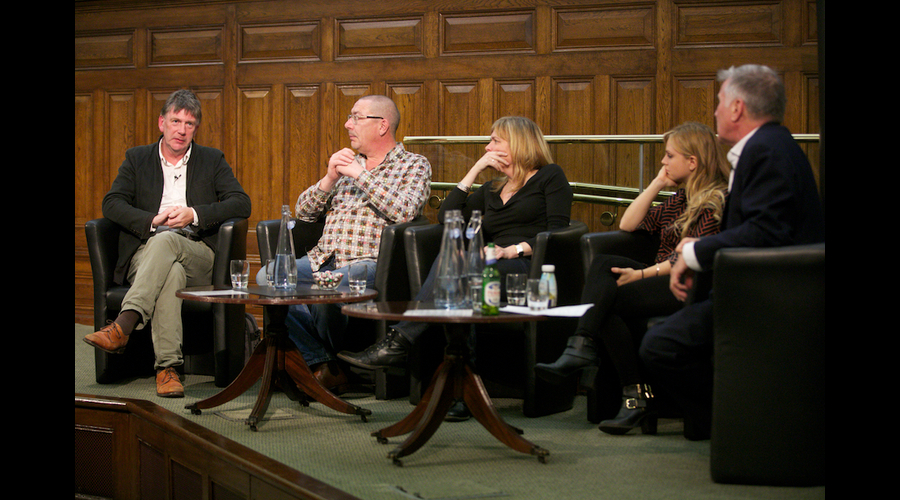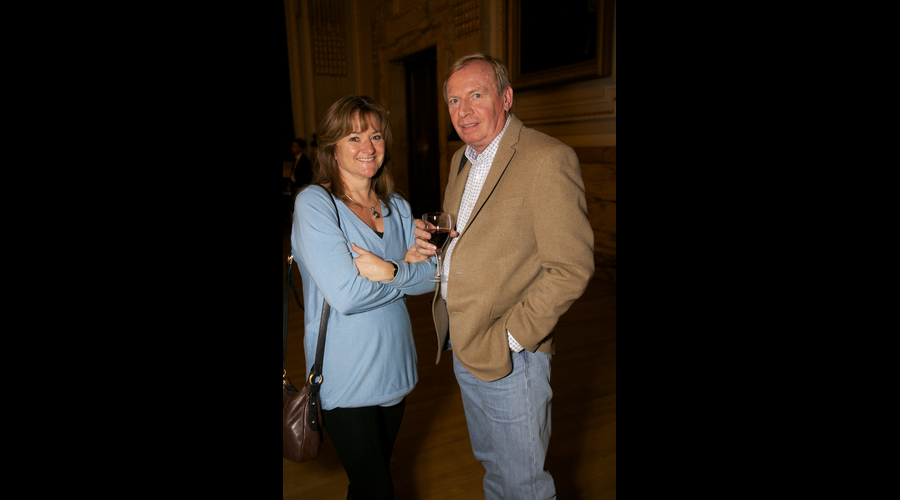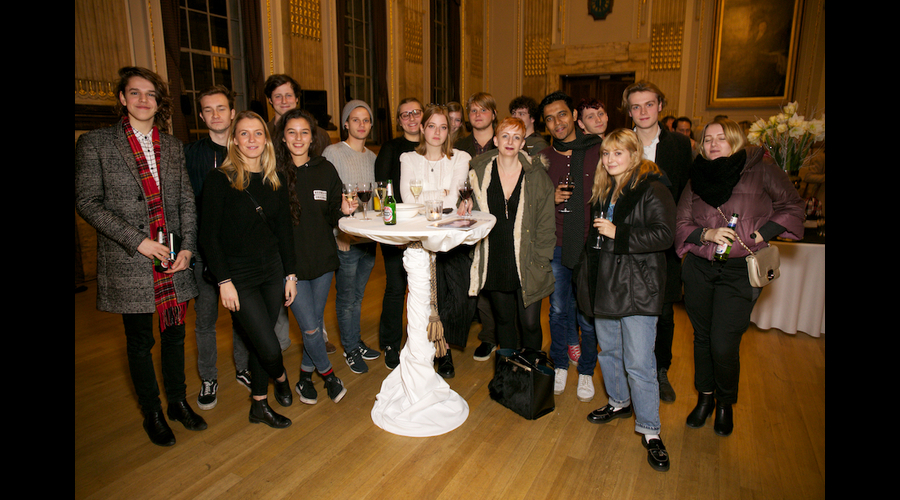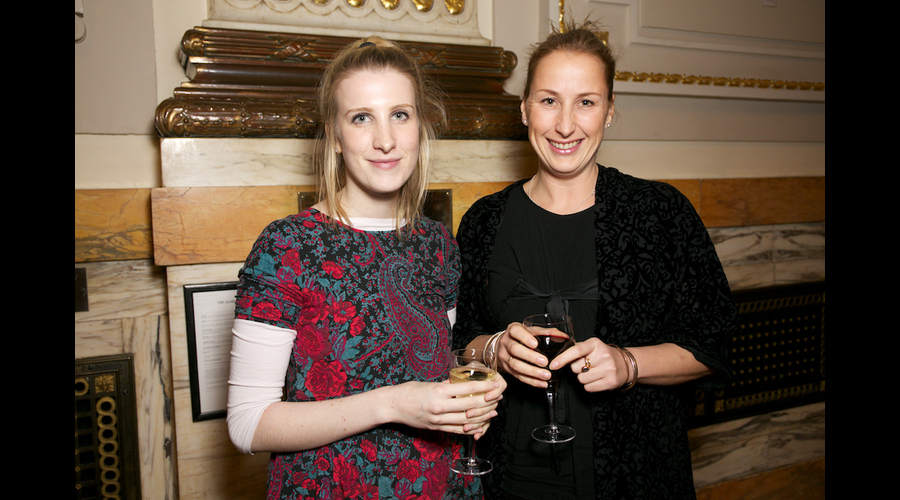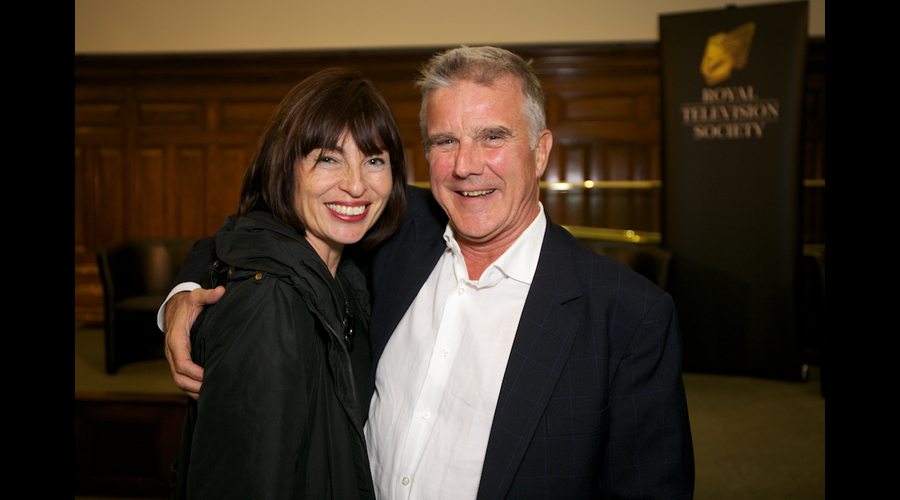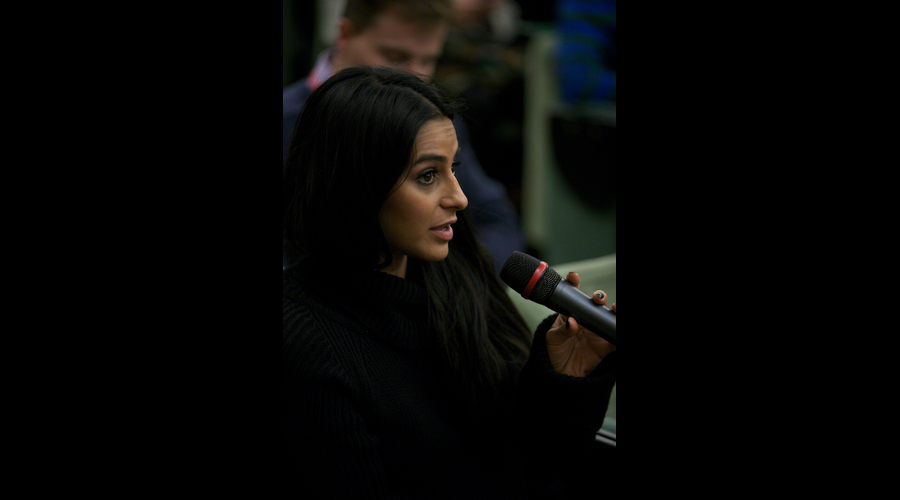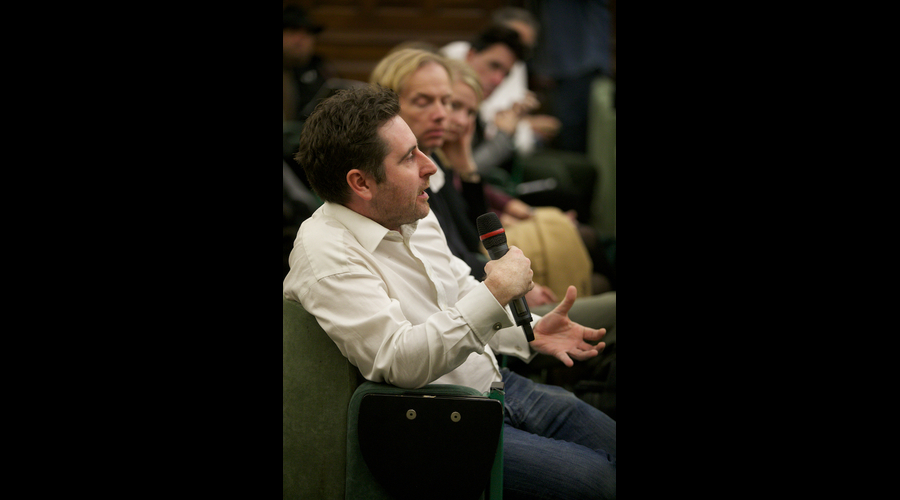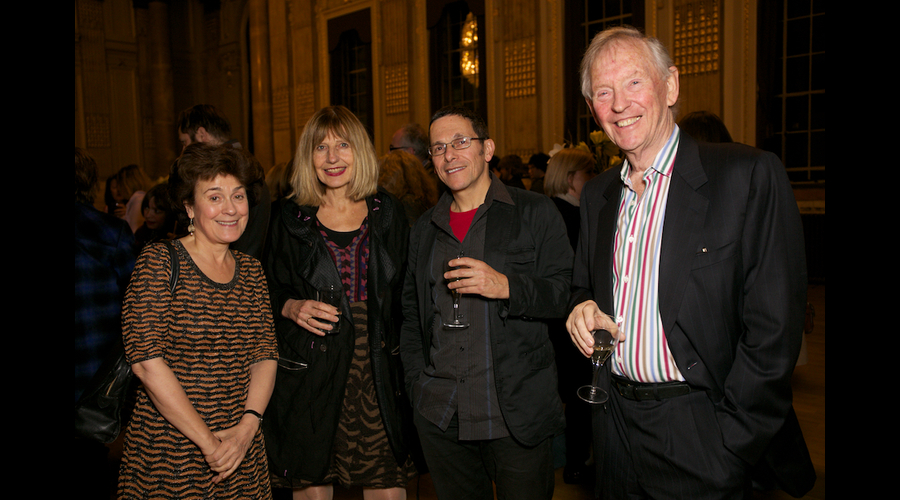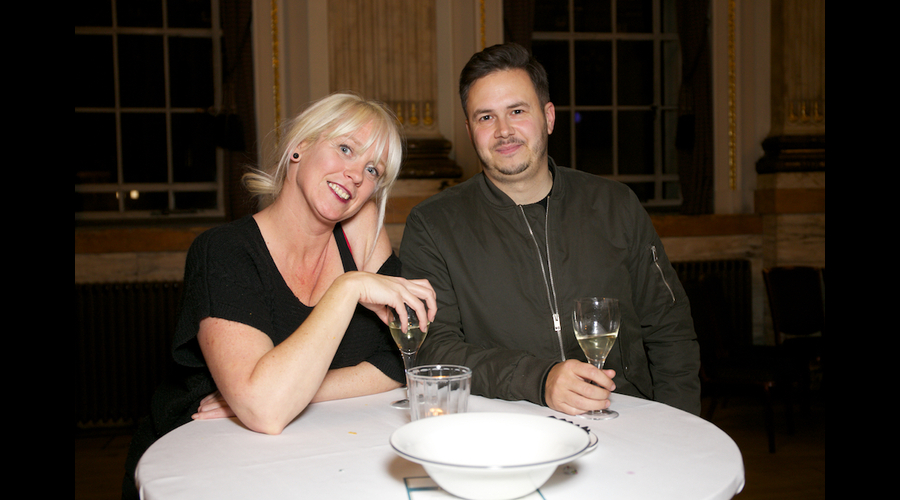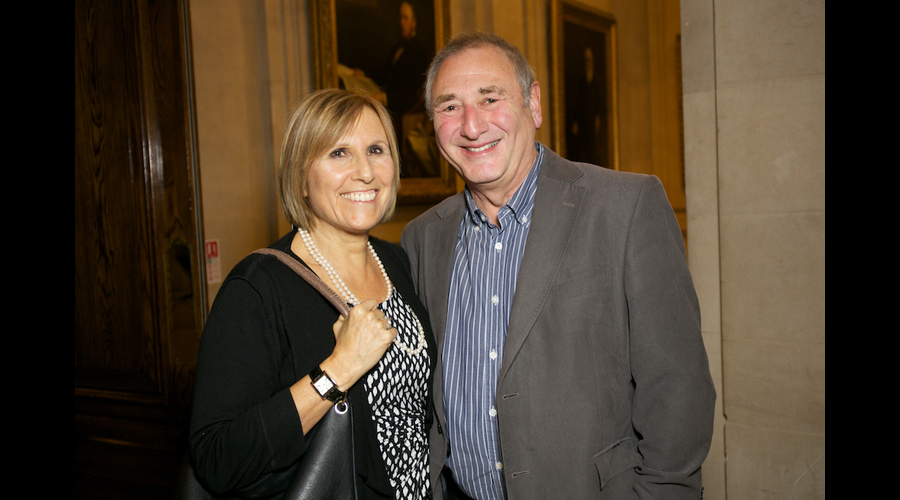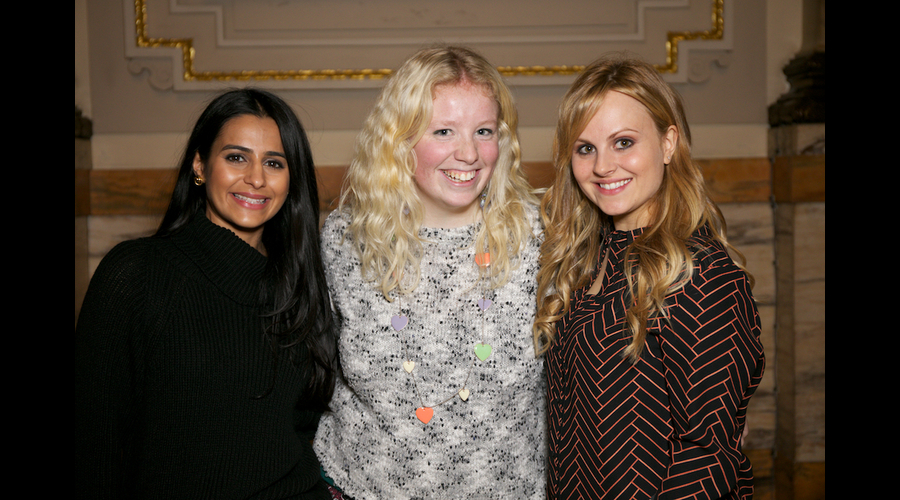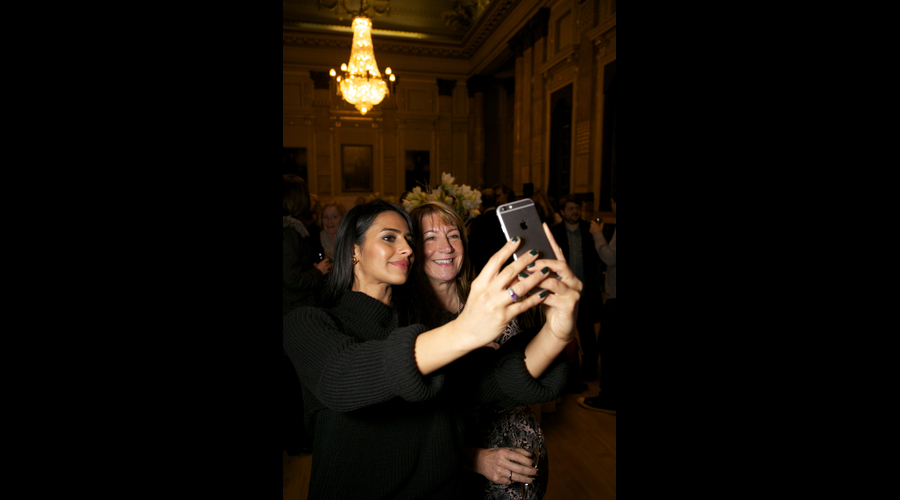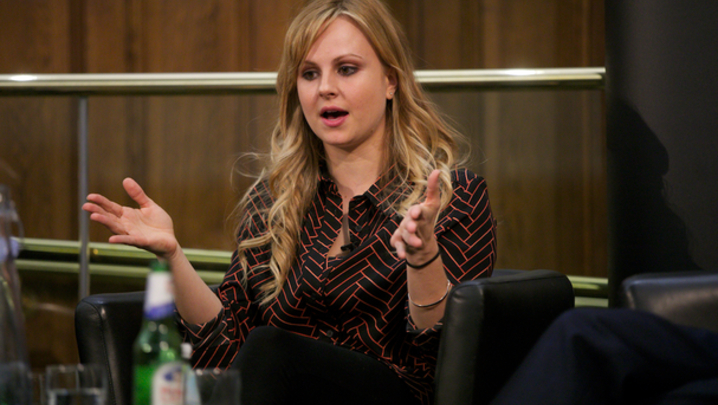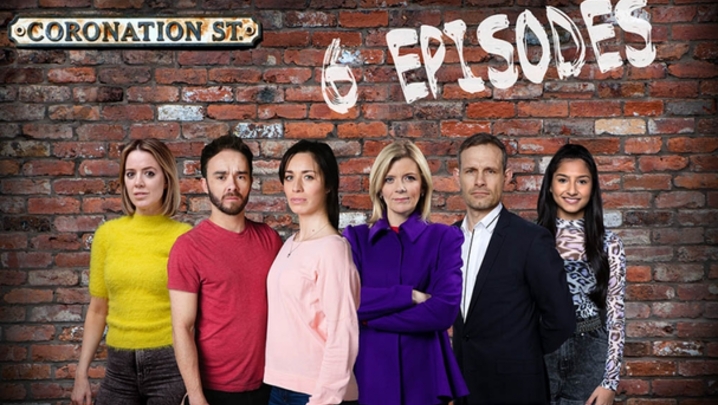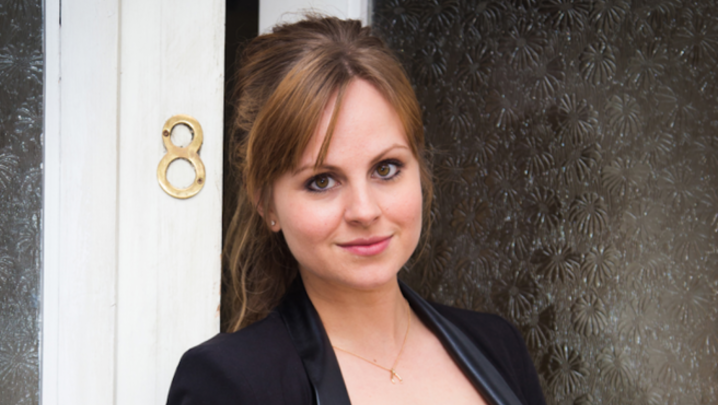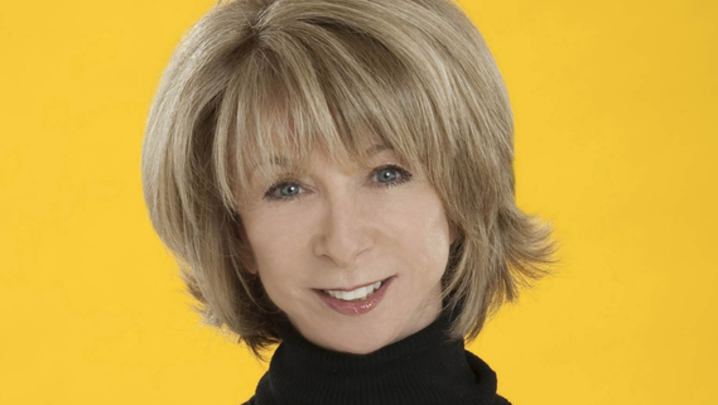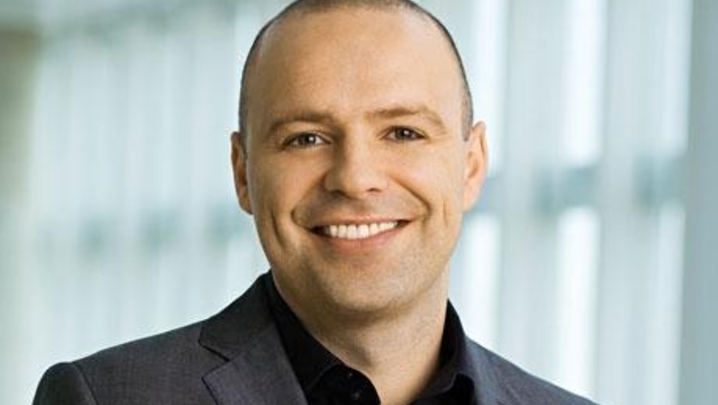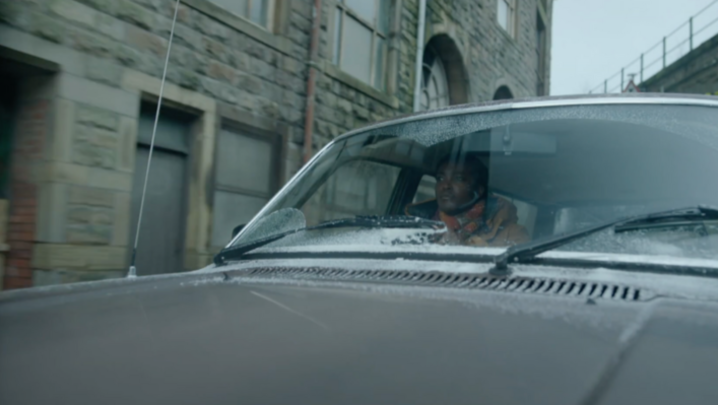A panel of Coronation Street insiders discuss what makes a soap successful
No one could accuse Coronation Street of taking it easy, even though this would be understandable for a middle-aged British telly institution. Over the last couple of years the ITV soap has given viewers multiple murders, deaths and suicides; explosions and a minibus crash; a pre-teen pregnancy; and even a gay vicar.
Audiences have been lapping up the drama, which regularly attracts more than 7 million viewers. Corrie remains the nation’s favourite soap.
At an RTS event, a panel of Coronation Street heavyweights, chaired by long-time fan and former ITV Director of Entertainment and Comedy Paul Jackson, discussed the secrets of its success. “Don’t be snobby about soaps,” Jackson told the large audience at the event, as he praised the quality of “the writing and performances that are turned in week in, week out”.
The strength of the long-running soap is that it still follows the blueprint established 55 years ago by its creator Tony Warren of “strong women and feckless men”, argued ITV Creative Director, Serial Dramas John Whiston. “Corrie has stayed true to that DNA.”
Whiston is responsible for both Coronation Street and Emmerdale, a role that has earned him the nickname the “Pope of Soap”. He added: “Corrie is a writers’ show. It’s a pseudo-democracy where writers pitch all the stories and argue about them. It’s a real privilege to be in one of those [story] conferences.”
Stuart Blackburn, who has produced the show since early 2013, recalled that he was portrayed as the “grim reaper” after axing a number of characters. “Every time a new producer comes in the entire cast are terrified, the producer’s got an agenda and is going to axe a lot of people,” he said.
Blackburn – who has been accused by the tabloid press of clashing with the cast but also praised by critics for September’s live episode of Coronation Street – leaves the soap in the New Year to work on other drama projects for ITV Studios.
“What’s special about Corrie?” asked Blackburn. “It’s the mix of high drama, romance and the comedy.”
“With every respect to all the other soaps, they don’t have the humour that Corrie has always had,” suggested Jackson. But the comedy, added Blackburn, had to be “believable. I’m always wary of broad comedy that turns into farce or pantomime.”
Blackburn described as “cobblers” the idea that soaps are “a breeding ground for future talent", saying "It’s where the great talent comes to”.
In response to a question from the audience about how the show approaches diverse casting, Blackburn said: “Manchester is an incredibly diverse city. It’s a conscious decision not to tick boxes or to become the saint of the politically correct but to tell the real stories of the lives and loves of working-class Manchester – and that’s all shades of colour, ethnicities and religions.”
Under his watch, Blackburn introduced a Muslim family to the show and Sair Khan, who plays Alya Nazir, was in the audience at the RTS event. “The reaction has been very positive,” she said. “People see a true reflection of their communities.”
Writer Debbie Oates – the “queen of grief”, according to Whiston – joined Corrie in 2002 and has written more than 140 episodes. Discussing the writing team Oates said: “We’ve all got very different voices and we learn from each other.”
“Looking from the outside, people say, ‘It’s really formulaic or pappy.’ Yes, it’s got framework and a structure but, within that, you can play around and put your own voice in.”
Oates advised writers to “find their own voice”, adding: “You won’t get a job on a show unless you’ve got a writing voice.”
Tina O’Brien joined Coronation Street in 1999 as Sarah-Louise Platt, leaving the soap in 2007 and returning earlier this year. In the gripping live episode of the show penned by Oates, clips from which were shown throughout the evening, O’Brien’s character was brutally attacked by drug dealer Callum Logan, who was then killed.
“With a show like Coronation Street you never feel that you’re coasting,” said O’Brien. “I constantly feel like I’ve got to try and up my game.”
“Do we need our hankies for Christmas?” asked Jackson. There would be no more deaths, promised Blackburn, adding: “We’re going to have a happy Christmas – I think we deserve it.”
“The Secret of Soaps: The Story Behind the Stories” was an RTS Early Evening Event held at One Great George Street, London on 24 November. It was produced by Sally Doganis and Brigitte Trafford.

